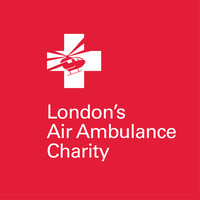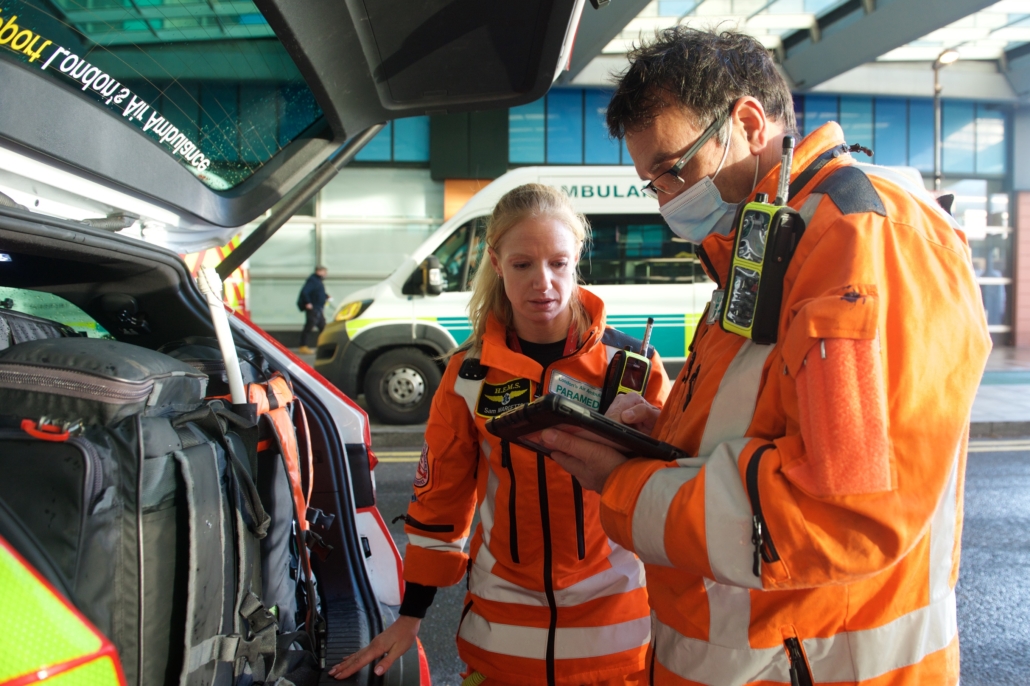LAS Appoints New Director Of Strategy And Transformation
London Ambulance Service has appointed Roger Davidson as its new Director of Strategy and Transformation.
Roger will join the Service on Monday 31 January from NHS England, where he is currently Director of System Partnerships, working to join up health and care and improve population health through development of integrated care systems (ICSs) across England.
In his new leadership role at LAS, he will focus on developing a strategic vision for London Ambulance Service to build beyond the existing organisational strategy which comes to an end in 2023.
In his most recent position at NHS England, Roger has played a national leadership role in the development of the 42 ICSs, which now cover the whole of England and are set to be put on a statutory footing next year.
Since the start of 2016, he has worked with health and care leaders across the country on system transformation strategy and policy, system leadership development, clinical and professional leadership, local government and voluntary sector partnerships, public involvement, communications and stakeholder relationships.
Prior to this, Roger was Director of Communications and Head of Media and Public Affairs at NHS England.
In 2013, he helped to establish the newly-independent organisation and then to set a new strategic direction for the NHS focussed on integrated care through the NHS Five Year Forward View.
Earlier in his career, Roger also held senior communications and public affairs roles at organisations including the NHS Confederation, the Care Quality Commission and the Confederation of British Industry.
He is also a Trustee at the English Football League (EFL) Trust, the charity overseeing the community organisations of the 72 EFL football clubs in England which run health and wellbeing initiatives across the country.
Speaking about his new appointment at LAS, Roger said: “As a Londoner, I am excited to be joining one of the most visible healthcare providers in the capital and making a positive difference to the lives of patients.’
“It’s a challenging time to be joining and I am looking forward to working with dedicated colleagues to help build the ambulance service London needs in the years ahead.”
London Ambulance Service chief executive Daniel Elkeles said: “While we continue to manage the unprecedented pressure created by the coronavirus pandemic, it’s essential we do not lose sight of the vital change needed to drive forward our vision for London Ambulance Service.’
“Roger brings a wealth of experience of strategy, public affairs and transformational change and I’m delighted to welcome him to the team.”
Quality content
- Casinos Not On Gamstop
- Casinos Not On Gamstop
- Casino Sites Not On Gamstop
- Non Gamstop Casino
- UK Online Casinos Not On Gamstop
- Casino Sites Not On Gamstop UK
- Casino Sites Not On Gamstop
- Games Not On Gamstop
- Sites Not On Gamstop
- UK Online Casinos Not On Gamstop
- Casino Not On Gamstop
- Slots Not On Gamstop
- Casino Not On Gamstop
- Gambling Not On Gamstop
- Casinos Not On Gamstop
- Non Gamstop Casino
- UK Online Casinos Not On Gamstop
- Casino Sites Not On Gamstop
- Best Betting Sites
- Best UK Online Casinos
- New Horse Racing Betting Sites










